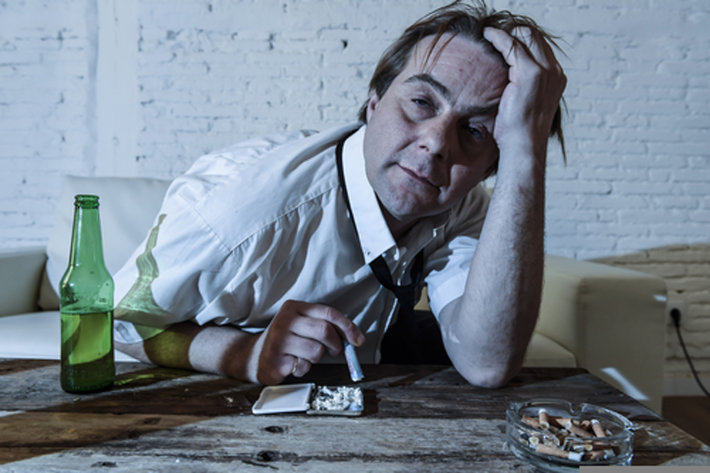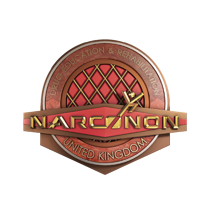Is Taking Drugs a Human Right?

Years ago, I worked in a very big, very busy restaurant. It was a fancy place and my job was “finisher,” meaning that when the orders were sent up from the kitchen in the dumbwaiter, I had to finish them with various garnishes: a slice of lime, a sprig of coriander or a sprinkling of shredded coconut, etc. I could do my job well only so long as the chef sent the right orders, on time, with the correct table number.
It was fast, high-pressure work that required total concentration and usually, despite screams, sweat, and curses, the whole operation ran like clockwork, with the right dishes going to the right tables on time.
Except when Dan was the chef. Dan was a pleasant, laidback guy who was into mountain biking, playing the guitar and, as I later discovered, smoking pot regularly. He’d started out pretty well, bringing new ideas and his own flair, but after a few weeks, it steadily became a disaster when he was on shift. Orders would be wrong, sent with the wrong table numbers or arriving late. Customers complained and bosses started asking why.
I spoke to Dan myself, who explained that he found the job stressful and exhausting, so after work, he’d go home, light up a joint and jam on his guitar. I sympathised—the job was stressful and exhausting, but I also saw that his pot consumption was impairing his ability to think and react at the high speed necessary for a chef in a high-end restaurant. His private habits were beginning to adversely affect his work and thus his teammates and the customers. I suggested he should cut out the weed for the sake of his job. His response?
“My body, my choice.”
I didn’t press the point further, as I liked Dan and didn’t want to get into an argument at work, but he continued to mess up on the job. A few weeks later he was fired. He said he was fine with it, as the job was too stressful anyway, and now he was going to do something “more relaxing”, but I was disappointed to hear it. Other, less talented chefs could do the job, but Dan could have been great if he’d had more self-discipline and checked his drug use.
In this case, no major disaster occurred. Dan got another job somewhere and as far as I know, he’s probably still smoking weed and playing his guitar every night. But he lost a perfectly good job for no good reason and left under a shadow.
So does “My body, my choice” hold water as a pro-drug argument?
What if you’re a pregnant woman and you harm your unborn baby by taking drugs?
What if you’re a bus driver who smokes a joint on his break, then loses control of the bus, killing a dozen people?
My own instinct is usually in the direction of personal freedom for the individual, but of course, with freedom comes responsibility.
An individual’s right to choose what they do with their own body ends where the rights of others begin.
Do I need the annoyance of working with colleagues whose perceptions and responses are impaired by drugs? Not really.
Do I want our already overstretched healthcare system to be further burdened by people who have drunk their own age in vodka shots on a Friday night and end up in casualty? I don’t think I need to answer that one.
I’m not unsympathetic to people with very real drug and alcohol problems. I remember working mind-numbing manual jobs, with idiots for bosses, so that all I wanted to do on the weekend was drink 25 pints of lager and forget about the whole thing for a while. The trouble was, of course, that when Monday morning came I’d have to be back on the job with two dozen other lads, all of us dreadfully hungover and unwilling to be there, hating the supervisor and life in general.
Maybe drug use is ultimately the wrong target to address. Maybe the real target for improvement is the quality of life in our culture. However, when a person is using alcohol or drugs as a “solution” to life, it’s certain their situation won’t improve.
Fortunately, there are real solutions for drug and alcohol abuse.
